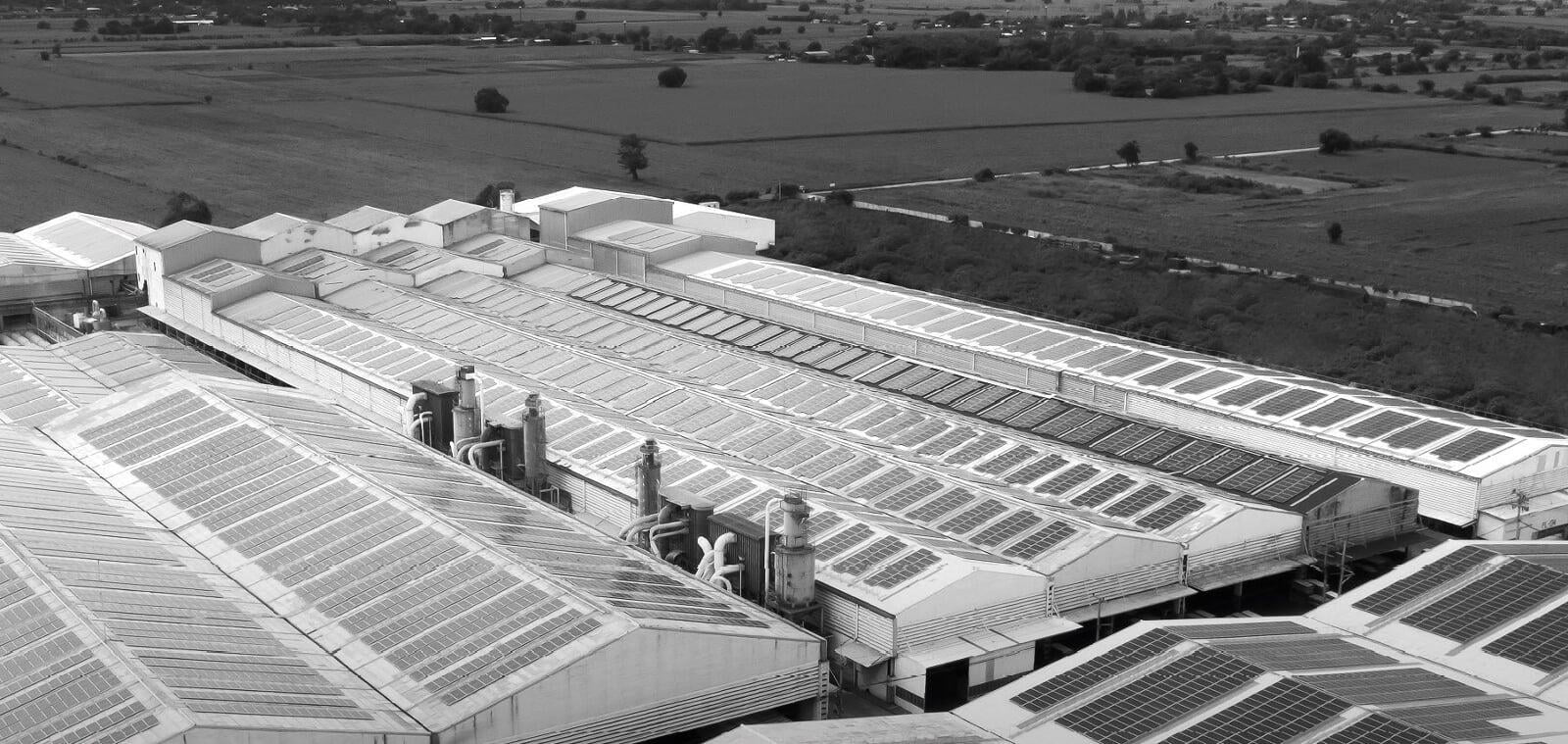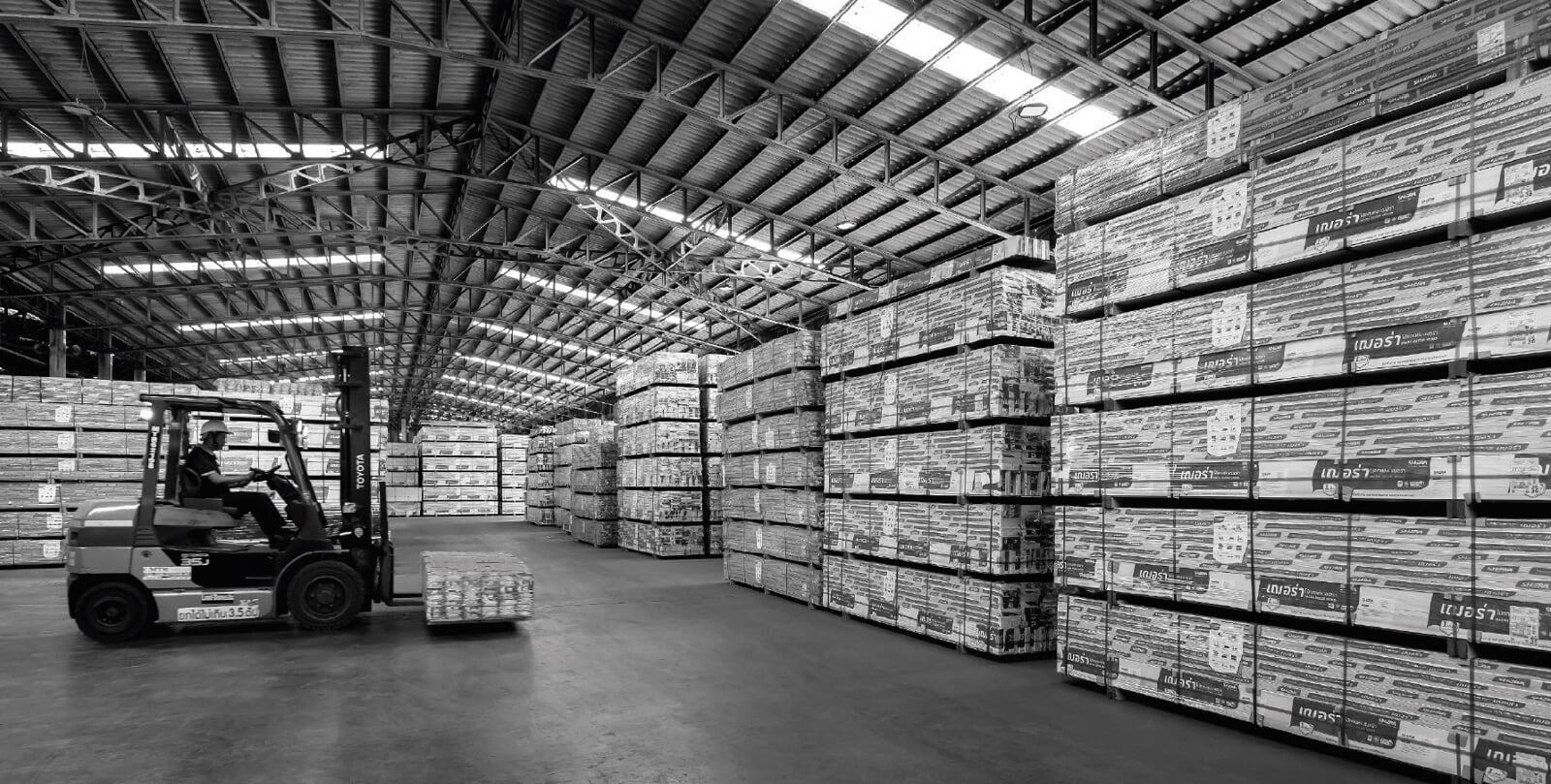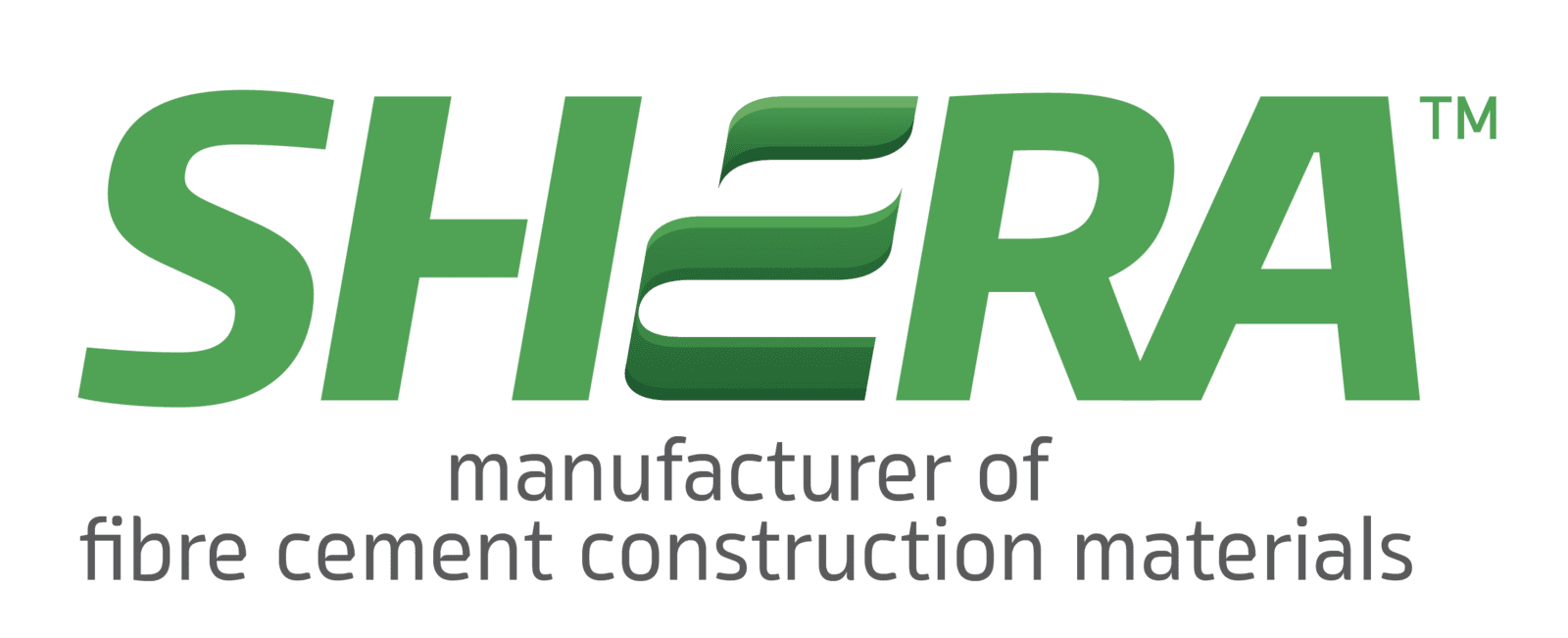SHERA - Manufacturer of Fibre Cement Building Materials
SHERA Public Company Limited , based in Thailand, has been established for over 40 years and is one of the largest manufacturers of fibre cement boards, siding and roofing and concrete roof tiles in the world.
SHERA's range of fibre cement building materials are widely known and available throughout the world. Their cutting edge production technology, distribution networks, marketing strategies and client services are enjoyed by our clients on a worldwide basis.
SHERA continuously try to improve themselves through technology and human resources in the constantly changing business world to ensure progress, innovation and leadership position in the marketplace.Innovation is critical to maintaining a leading position in the fibre cement industry.
Headquarters
The hub of the SHERA operations is in Bangkok, Thailand. Situated within easy access to the major domestic transportation routes as well as the new international airport, our headquarters contains the following key elements of the organisation: Domestic and International Sales Teams, Marketing Team, Finance & Accounts, Information Technology (IT) and Senior Management.
SHERA Manufacturing Plants
SHERA have five manufacturing plants around Thailand. The Lopburi plant is the largest of the domestic plants and the sheer size and activity of the operation leaves a lasting impression on visitors. Situated in Lopburi, a province in the central region of Thailand approximately 154 kilometers north of Bangkok. This site alone covers 190,000 square metres and employs over 1,200 people.
The manufacturing process which utilises state of the art machinery and hi-tech, green technology takes place in the interior of the plant. Vast storage warehouses fringe the outer areas, which supply fleets of vehicles being fed by numerous distribution personnel packaging and processing for distribution throughout the region.
The manufacture process for both the Concrete Roof Tile (CRT) and Fibre Cement (FC) products is completely automated and controlled by an SAP supply chain management system, which is staffed and maintained in a centralised IT centre in the heart of the plant.
SHERA Research and Development
SHERA have huge storage capacity in order to maintain stock levels as well as their own fleet of logistics and delivery vehicles, a dedicated Shipping Team and advanced logistics systems.
SHERA Research and Development
SHERA is at the forefront of research and development in the industry and have fully quipped laboratories and a team of scientists and engineers dedicated to research and development.
Most of our dedicated Research and Development Team is based in our Lopburi Plant (above) and the team consists of approximately 40 Scientists, Engineers and Laboratory Technicians, headed by our Technology Development Manager.
This team plays a key role in supporting the SHERA in the development of raw materials, processes, products and machinery.
SHERA has a vision to leverage its innovative products and combine this with energetic and talented individuals to enable us to be competitive in the global market. Ultimately our aim is to be the most innovative corporation in the industry.
Innovation
SHERA pride themselves on being innovators in the fibre cement industry and invest heavily in research and development. As a consequence SHERA is responsible for design, production and distribution of numerous innovative fibre cement siding, fibre cement flooring & fibre cement roofing products, integrated building solutions and even innovative machinery used in the manufacturing process.
Green Policy
For over three decades SHERA have led the way in the roofing and walling industry in Thailand with its creative flare and pioneering spirit. Under the brand Ha Huang (roofing) and SHERA, our creations are unique both in terms of their originality and aesthetic qualities and they have made the company a leader in the fibre cement industry in the Asia region.
In addition to adhering to international standards, according to our company philosophy, SHERA operate under a strict "Green Policy" and utilise state of the art technology and production procedures to preserve natural resources, the environment and energy sources, as well as reduce pollution during the manufacturing process.
The SHERA vision is to utilise the latest developments in fibre reinforced cementitious composites to create new and aesthetically pleasing, environmentally friendly fibre cement building products whilst causing as little damage to the environment as possible.
SHERA are known in Asia as an innovative company and we strive to become the leader in pre-engineered, mass housing, integrated building solutions, believing that new creations are formed by using knowledge and imagination; and innovation helps stimulate the economy and society.
SHERA is based in Thailand and the philosophy of the company is deeply entrenched in Buddhism, which encourages people to be more responsible towards the environment and understand the interaction and link between actions and reactions.
With this in mind, and together with the numerous, widely known environmental issues we face to date, such as the greenhouse effect, global warming, deforestation, and so on, it is clear that by ignoring these issues we are damaging ourselves by carelessly mismanaging the environment.
95% of Thai people are Buddhists. Buddhist philosophy states that in order to improve the quality of our lives we need to live more in harmony with nature, use natural materials more wisely and be more aware of the consequences of our actions.
It is this philosophy that is the driving force behind SHERA innovations. SHERA has a strong sense of duty to ‘social responsibility’ and tries to help in the betterment of Thai society and improve infrastructure and standards of living, giving people the means to develop and evolve themselves, helping to regenerating essential income for the community and society as a whole.
For more details please get in touch with us here.
Our boards and planks are the perfect wood substitute building material that do not involve destruction of forests or contain any toxic chemicals, resins or glues.
Tackling the Problem at Source
The ‘green’ aspects of the SHERA Fibre Cement building materials begin long before the manufacturing process even starts. SHERA in fact design their own production machinery with the ‘green policy’ first and foremost in their in minds. Machines at manufacturing plants are designed to reduce noise pollution, recycle water and waste sediment, reduce air contamination by dust and noxious fumes and also reuse cast off materials generated through the production life cycle.
Using Local and Recycled Raw Materials
SHERA environmentally friendly building materials are produced using a process which utilizes local raw and waste materials to protect the environment, enhance the properties of the product and reduce production costs.
The fibre cement manufacturing process requires two essential elements at various stages in the life cycle: cellulose pulp and heat.
Farmed trees: The production process used for SHERA fibre cement products uses pulp from farmed trees only. Under no circumstances are any natural forests decimated as a result of using these raw materials.
Recycled paper: In addition to this, a high percentage of the pulp used comes directly from waste paper supplied from various paper based industries around Thailand.
Eco friendly fuel: In order to generate the heat required during the manufacturing process the SHERA technologists came up with the ingenious idea of using rice husks, a common waste material from the numerous rice mills in the region.
This generates valuable income for the local rice farming businesses and uses their waste product to generate the heat required instead of using methods which are more damaging/polluting to the environment.
Environmentally Friendly Building Materials
SHERA have operated under a strict “Green Policy” for many years and operate under the concept of manufacturing an ‘environmentally friendly’ building material using eco friendly manufacturing processes.
Reducing Pollution
The SHERA fibre cement manufacturing process creates very little industrial ‘mess’ – dust, oil, dirt ,ie normal, unfortunate byproducts of industrial scale manufacturing.
This is due to a number of innovative technological solutions implemented by SHERA over the last several years. Some examples are:
Course sand needs to be ground, which normally causes a lot of pollution. At SHERA we utilise a special ‘wet process’ for sand grinding which results in zero dust pollution and in addition the water and sediment are collected and reused.
Steam produced as a result of the manufacturing process is passed through specialised filters to extract noxious smells and reduce hazardous conditions in the workplace.
Noise levels in the plant are also unusually low. This is a direct result of innovative designs in fibre cement manufacturing machinery, which helps to create a less hazardous workplace for staff as well as reduce noise pollution levels for inhabitants in the surrounding areas.
Recycling Waste Materials
There are several areas in the fibre cement production process where the SHERA production machines / production process make use of unavoidable wastage. Steam produced in heating process is re-used in the product curing process.
Waste material from burning rice husks is recycled into the product.
Water is recycled into vast ‘ponds’ and reused in the product manufacturing process.
Dust and sediment which accumulates during the manufacturing process is mixed with the pulp and returned to the product.
Wastage such as trimmings caused by the cutting process are ground and returned to the product.





